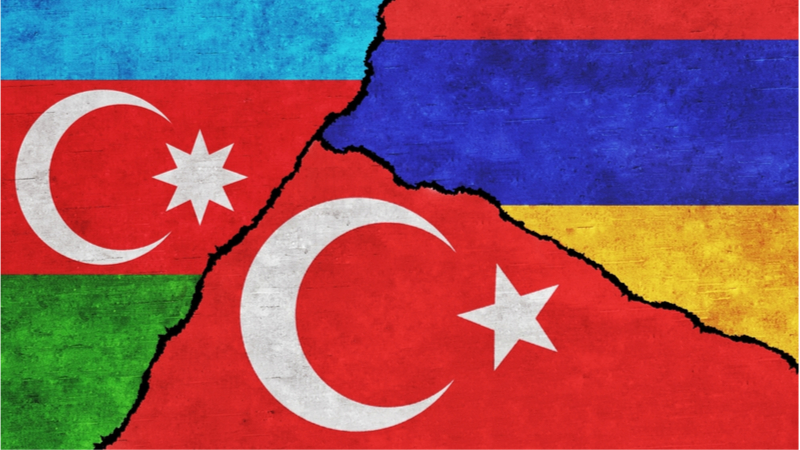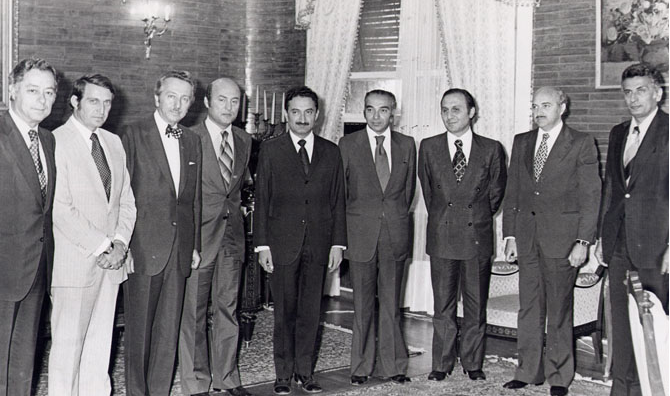Normalization between Armenia and Turkey: Can it succeed?
By Natalia Konarzewska
January 14, 2022
In mid-December 2021, Turkey and Armenia mutually appointed envoys for upcoming normalization talks. Turkey has wider, strategic reasons for seeking reconciliation with Armenia, and the shift in the balance of power in South Caucasus since the second Karabakh war in 2020 has removed an obstacle for the pursuit of these ambitions. At first glance, the new rapprochement process promises to be more successful than the last time, in 2009, but ultimately the success of the rapprochement will depend on the trajectory of the relations between Armenia and Azerbaijan. Even though Yerevan realizes that it stands to benefit from a normalization of relations with Turkey, there is nonetheless a risk that its conflict with Baku, and the fear that the Armenian public might not stomach what would appear to be concessions to Azerbaijan, will prevent the Armenian government from pursuing the normalization.

Have Turkey's Business Barons Discovered Democracy?
By Barış Soydan
December 6, 2021
For the second time since its founding in 1971, Turkey’s leading business organization has confronted a Turkish government and called on it to reverse its policies. On the face of it, TÜSİAD is carrying the banner of democracy. However, its pleas for democracy ring hollow. What TÜSİAD deplores is not so much authoritarianism as economic instability. TÜSİAD would hardly endorse an expansion of democracy and strengthening of democratic rights that imperil the primacy of neoliberal capitalism.



